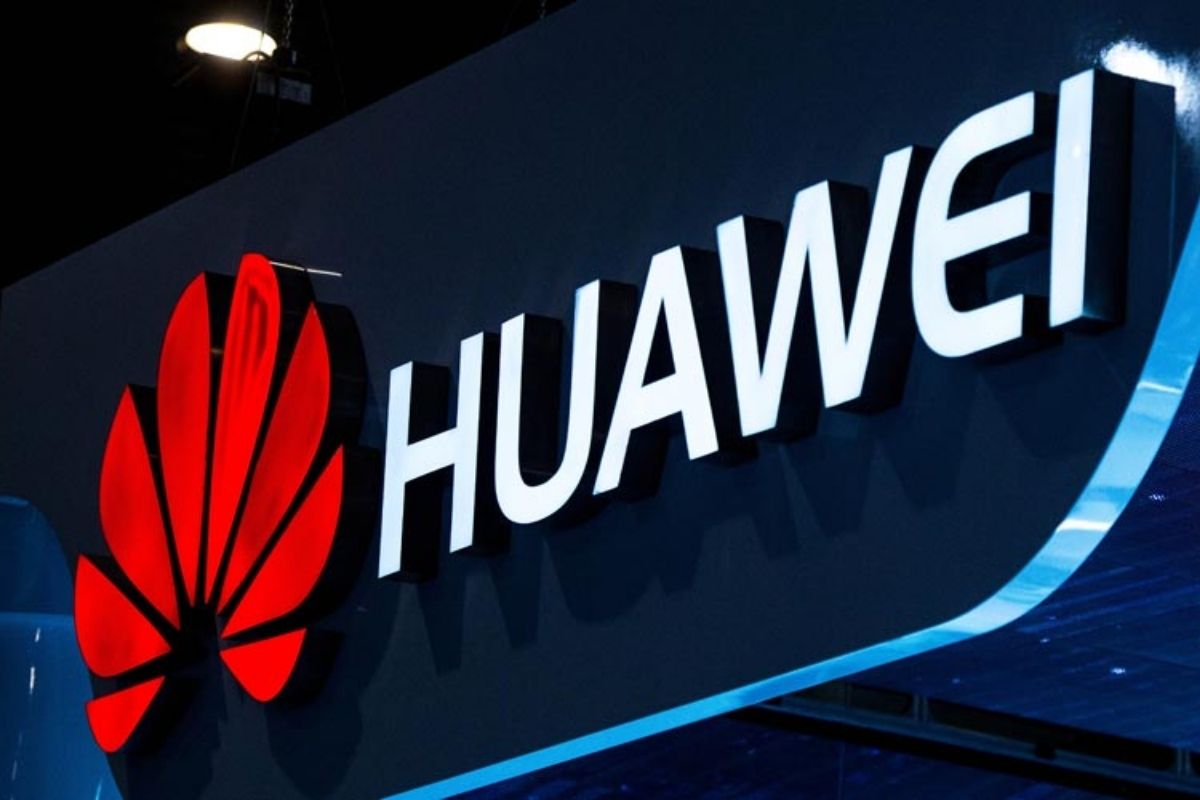Since the company’s alleged cooperation with the Chinese government provoked demonstrations in numerous nations because of security concerns, China’s telecom giant Huawei technologies has had the most difficult times in its international operations. Protests were spurred by Huawei’s contentious ties to security agencies and the People’s Liberation Army, particularly in nations that are either able to upgrade their telecommunications infrastructure on their own or that are close allies of the former, according to the European Times. The latest government to declare Huawei a national security threat is Canada. Ottawa has charged the business with including backdoors in its services and products that provide the business with unauthorised access to customer data. It is important to note that Meng Wanzhou, Huawei’s high-profile senior executive, was detained by Canadian authorities in 2018 on suspicion of deceiving banks about the company’s commercial operations in Iran in violation of US sanctions.
United States Set the Ball Rolling
According to The European Times, the United States took the lead in the discussion of security risks related to Huawei’s alleged collaboration with the people’s liberation Army in 2019. It was one of the first nations to forbid Huawei from conducting 5G experiments in the US telecom industry and in the handling of telecom equipment. As per an ANI report, the Chinese computer behemoth is allegedly actively involved in stealing American intellectual property and technology specifications, according to US allegations. In 2019, the US Department of Justice accused Huawei of stealing trade secrets from Bellevue, a T-Mobile company with headquarters in Washington. The DoJ published a litany of offences against the company’s officials in the same case, including money laundering, conspiracy, wire fraud, obstructing the administration of justice, etc. As a result, the US prohibited its corporations from utilising telecom equipment made by Huawei in May 2019. The European Times also added Huawei to the list of companies that were prohibited from doing business with American companies. Australia, one of the first countries to outright forbid Huawei from deploying 5G equipment and engaging with ZTE, another Chinese telecom giant, was swiftly followed by Japan, which also outlawed Huawei and ZTE from its domestic telecom equipment manufacturing sector in 2018. India decided to forgo using Huawei and ZTE for its 5G launch in 2020, following suit. The UK government has already prohibited Huawei from deploying its 5G equipment in 2018. Furthermore, it disregarded the need that Huawei hardware be removed from the 4G infrastructure by 2020. Since 2018, the US-China tech conflict has been intensely felt by China’s big-tech enterprises, particularly Huawei. Due to its strategic benefits and connections to China’s Belt and Road programme, Huawei continues to enjoy China’s state favour while other Chinese businesses have suffered setbacks from their own government in recent years. Although the extent to which US concerns about Huawei have hampered China’s intentions to expand its technology sector is not yet known, it is safe to state that these concerns have undoubtedly had an impact on the company’s worldwide standing and international business.
